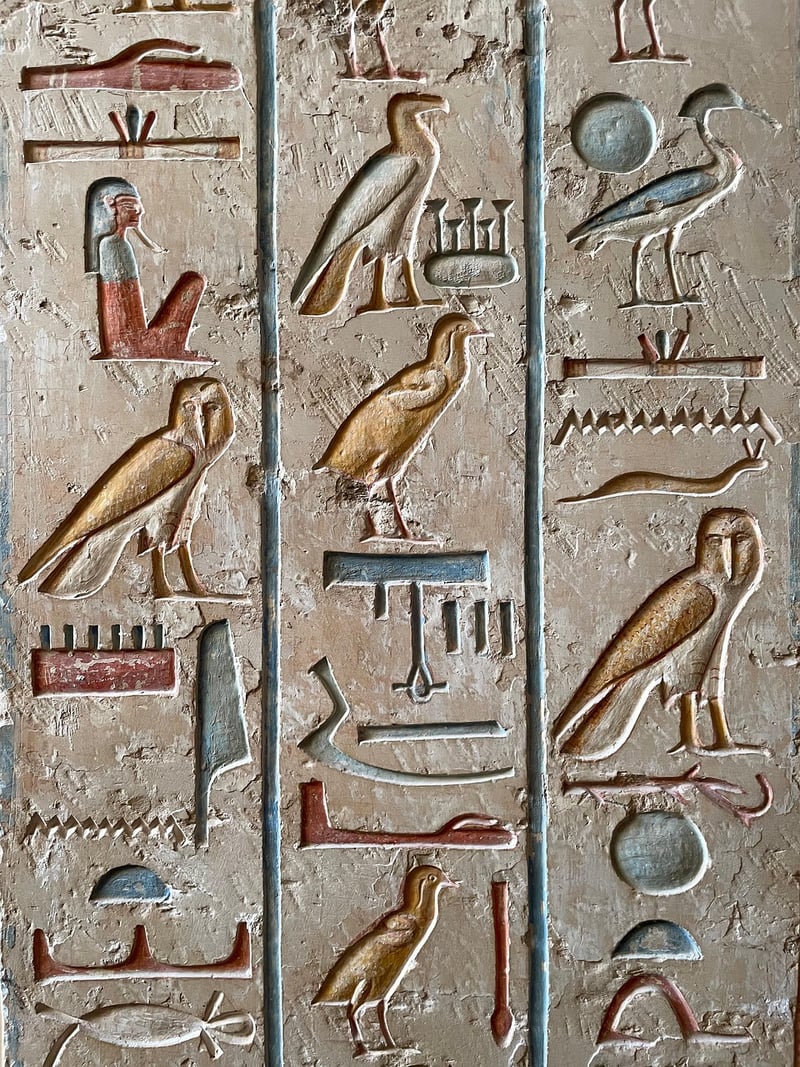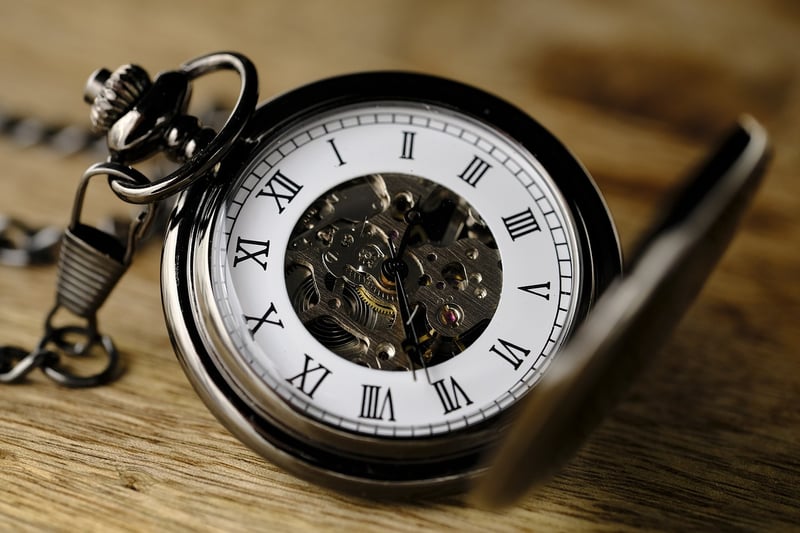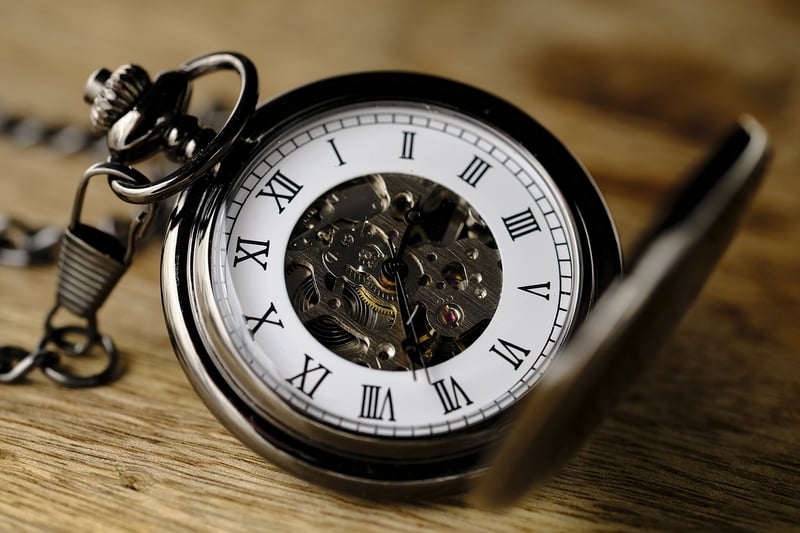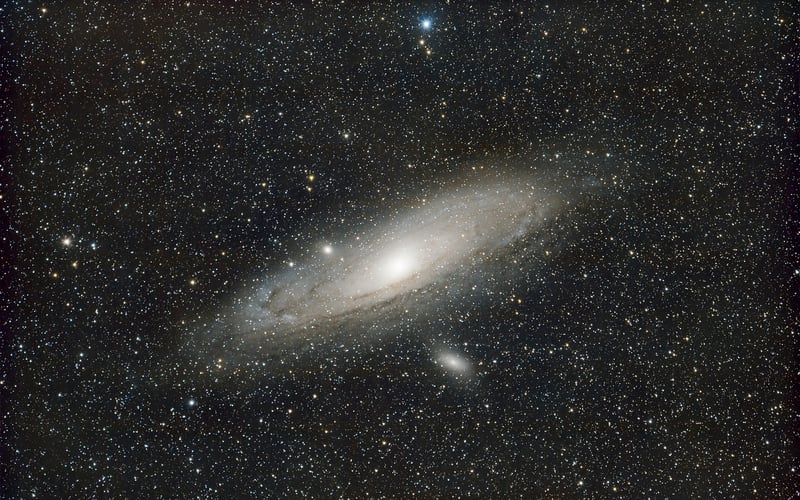Future Exploration
Exploring Time Periods and Future Exploration
Introduction
Time, an abstract concept that has intrigued humanity for centuries, has been a subject of fascination and exploration. Let's delve into various time periods and contemplate future exploration possibilities.
Ancient Times
In ancient times, civilizations like the Egyptians and the Mayans developed intricate calendars to understand and track time. Their astronomical knowledge aided in predicting celestial events and marking significant dates.

Medieval Era
The medieval era saw the development of mechanical clocks, revolutionizing timekeeping. Monasteries and towns installed public clocks, shaping societal schedules and routines.

Industrial Revolution
The Industrial Revolution brought about precise time measurement with the invention of the pendulum clock and later, the atomic clock. Standardized time zones were established, enabling global synchronization.

Future Exploration
As we look to the future, advancements in quantum mechanics and space-time theories may lead to breakthroughs in time travel possibilities. Scientists are exploring wormholes, black holes, and other phenomena to unravel the mysteries of time.

Conclusion
Exploring time periods from ancient civilizations to modern innovations provides insights into humanity's evolving relationship with time. The future holds exciting prospects for unraveling the enigmas of time and space.
Let's continue to explore, learn, and push the boundaries of our understanding of time!
